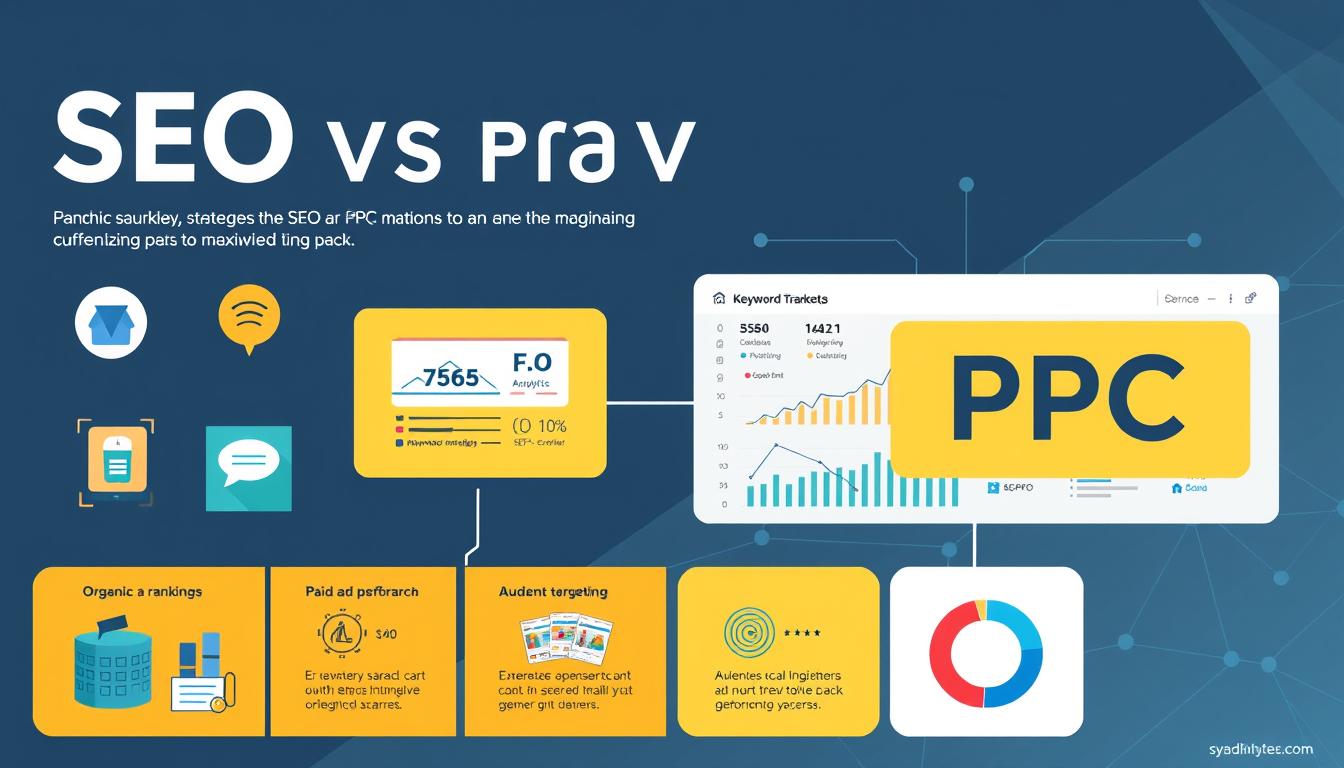|
|
Digital marketing is most effective when multiple strategies work together toward a common goal. Many businesses make the mistake of treating pay-per-click (PPC) advertising and search engine optimization (SEO) as separate initiatives, missing out on the powerful synergy between the two. By integrating PPC and SEO, businesses can create a holistic search marketing strategy that maximizes visibility, improves conversions, and increases return on investment (ROI).
While PPC campaigns provide immediate traffic and measurable results, SEO strategies drive long-term, organic visibility and credibility. A well-structured Google Ads campaign ensures that businesses appear at the top of search engine results pages (SERPs) for high-intent keywords, while SEO rankings provide sustainable traffic without ongoing ad spend. When combined, these two strategies amplify each other, leading to lower cost-per-click (CPC), higher quality traffic, and better conversion rates.
With insights from WiFi Digital, a leader in integrated search marketing solutions, this guide explores how businesses can align PPC and SEO strategies for maximum impact. By leveraging shared keyword data, strategic bid adjustments, and content optimization, businesses can enhance brand authority, dominate search results, and scale digital marketing success.
Aligning Keyword Strategy for Maximum Search Visibility
One of the most effective ways to integrate PPC and SEO is by aligning keyword strategies to improve search coverage and efficiency. Many businesses treat Google Ads and SEO keyword research separately, leading to missed opportunities and inefficient ad spend. A unified approach ensures that businesses target high-performing keywords in both paid search and organic listings, maximizing their presence in SERPs.
The first step in keyword alignment is analyzing PPC performance data to inform SEO strategy. By reviewing Google Ads search term reports, businesses can identify high-converting keywords that drive the most clicks and conversions. These insights allow SEO teams to optimize website content and meta descriptions for the same keywords, improving organic rankings while reducing reliance on paid ads. Conversely, SEO data from tools like Google Search Console can reveal organic keywords with high traffic potential, which can then be incorporated into Google Ads campaigns for immediate visibility and testing.
Another key advantage of integrating PPC and SEO is the ability to identify and fill keyword gaps. Some keywords may rank well organically, making PPC bidding unnecessary, while others may have high competition in organic search, requiring paid search investment to maintain visibility. By strategically balancing PPC bids with organic rankings, businesses can optimize budget allocation and search coverage, ensuring they appear in front of their target audience at every stage of the buying journey.
Using PPC Data to Optimize SEO Content Strategy
PPC campaigns provide valuable performance data that can be used to refine SEO content strategies. Unlike SEO, which takes time to rank and generate traffic, PPC delivers instant feedback on keyword performance, user intent, and conversion rates. This allows businesses to test different ad variations, headlines, and CTAs in Google Ads before incorporating high-performing messaging into organic content.
One of the most effective ways to leverage PPC insights for SEO is by analyzing ad engagement metrics such as click-through rate (CTR) and conversion rate. Keywords with high PPC engagement indicate strong search intent, making them ideal candidates for SEO-driven content such as blog posts, landing pages, and product descriptions. By optimizing meta titles, H1 tags, and page copy based on top-performing PPC ad copy, businesses can improve organic click-through rates while maintaining a consistent brand message.
Another strategy is to use PPC landing page data to optimize SEO-driven lead generation pages. If a specific landing page converts well in Google Ads, optimizing it for organic search rankings ensures that it continues to drive leads and sales without ad spend. A/B testing different page elements, headlines, and CTA placements in PPC campaigns provides valuable insights into what resonates with users, allowing businesses to fine-tune SEO landing pages for maximum impact.
By integrating PPC data into SEO content strategies, businesses can create data-driven content that ranks well, attracts engaged visitors, and converts more effectively.
Leveraging SEO for Long-Term PPC Cost Efficiency
One of the biggest challenges of Google Ads campaigns is managing cost-per-click (CPC) and budget allocation. While PPC provides instant visibility, costs can increase over time, making it crucial to develop a long-term strategy that reduces ad dependency. This is where SEO plays a critical role—by improving organic search rankings, businesses can drive consistent traffic while gradually lowering PPC spend on high-performing keywords.
A well-optimized SEO strategy helps businesses appear in organic listings and paid ads simultaneously, increasing credibility and improving ad Quality Scores. Google rewards ads that lead to high-quality landing pages with lower CPC and better ad placements, making SEO-optimized pages more cost-efficient for PPC campaigns. Additionally, websites with strong domain authority and optimized user experience tend to have higher conversion rates, allowing PPC campaigns to generate better ROI.
Another cost-saving advantage of SEO-driven PPC integration is identifying keywords where businesses already rank well organically. If a company consistently ranks in the top three organic positions for a specific keyword, reducing or pausing PPC bids on that term can free up budget for higher-cost, competitive keywords. This balanced approach ensures that businesses maximize search visibility while optimizing ad spend, leading to sustainable growth and lower acquisition costs.
Creating a Unified Retargeting Strategy for Higher Conversions
Combining PPC and SEO efforts allows businesses to create powerful retargeting campaigns that re-engage users throughout the customer journey. While SEO helps attract organic visitors, PPC ensures that non-converting users are brought back with strategic remarketing ads. A well-integrated approach prevents lost leads and increases overall conversion rates.
One of the most effective strategies is retargeting organic visitors with PPC display ads. If a user lands on a website through an organic search result but doesn’t convert, businesses can serve customized retargeting ads on platforms like Google Display Network, YouTube, and social media to bring them back. This ensures that SEO-driven traffic doesn’t go to waste and increases the likelihood of eventual conversions.
Additionally, PPC-driven remarketing lists can help improve SEO-driven lead nurturing. If a user clicks on a Google Ads campaign but doesn’t complete a purchase, businesses can use retargeting sequences with valuable blog content, case studies, and testimonials to nurture interest before presenting another conversion-focused ad. This approach helps build brand authority, increases trust, and enhances customer engagement, leading to higher conversion rates.
By integrating PPC remarketing with SEO lead nurturing, businesses can effectively guide users through the sales funnel, improving both engagement and ROI.
Maximizing digital marketing ROI requires a strategic integration of PPC and SEO rather than treating them as isolated efforts. By aligning keyword strategies, optimizing content based on PPC data, leveraging SEO for cost efficiency, and implementing retargeting campaigns, businesses can create a holistic search marketing strategy that delivers sustained traffic, higher conversion rates, and lower acquisition costs.
With WiFi Digital’s expertise in integrated search marketing, businesses can develop data-driven PPC and SEO strategies that ensure long-term success in the digital landscape. Now is the time to unify PPC and SEO efforts, optimize ad spend, and dominate search results for maximum ROI. 🚀
WiFi Digital: Connecting Businesses to the Digital Future
In today’s fast-paced world, where a strong digital presence is essential for business growth, WiFi Digital emerges as a strategic partner for small and medium-sized businesses (SMBs). Founded in 2023 and based in London, Ontario, the company has a clear mission: to provide affordable, high-quality solutions that help businesses thrive online. With an experienced and passionate team, WiFi Digital goes beyond simply creating websites and marketing strategies. Its purpose is to empower entrepreneurs, strengthen brands, and give clients more free time to focus on what truly matters – growing their business and improving their quality of life.
WiFi Digital develops websites that authentically and professionally represent your brand, optimizes systems and digital marketing strategies to enhance visibility and return on investment (ROI), and offers affordable, customized solutions, ensuring that businesses of all sizes have access to effective growth tools. With transparency, partnership, and innovation, the company provides each client with the necessary support to achieve real results.
Business digitalization is not just about numbers or metrics. It directly impacts entrepreneurs’ well-being, bringing more organization, efficiency, and freedom to focus on what truly matters. WiFi Digital understands that by investing in digital solutions, businesses gain time, reduce operational stress, and create opportunities to connect better with their customers. A well-structured online presence not only increases sales but also strengthens the public’s trust in the brand.
Beyond technical expertise, WiFi Digital’s key differentiator is its commitment to people. The company values genuine relationships, creates tailored strategies, and works side by side with clients to ensure that every solution meets their specific needs. If you’re looking to boost your brand, attract more customers, and still have more time to focus on what truly matters, now is the time to act!
💡 Transform your digital presence with experts who understand your needs.
📩 Contact us now: contact@wifidigital.ca
🌍 Learn more: www.wifidigital.ca
🚀 Your growth starts here!




